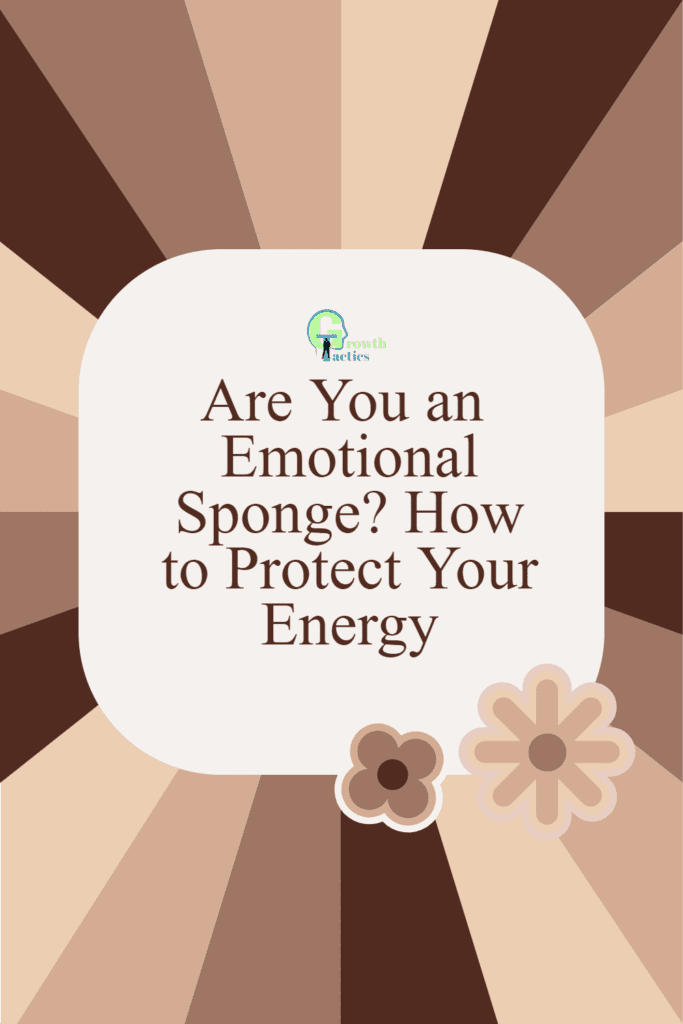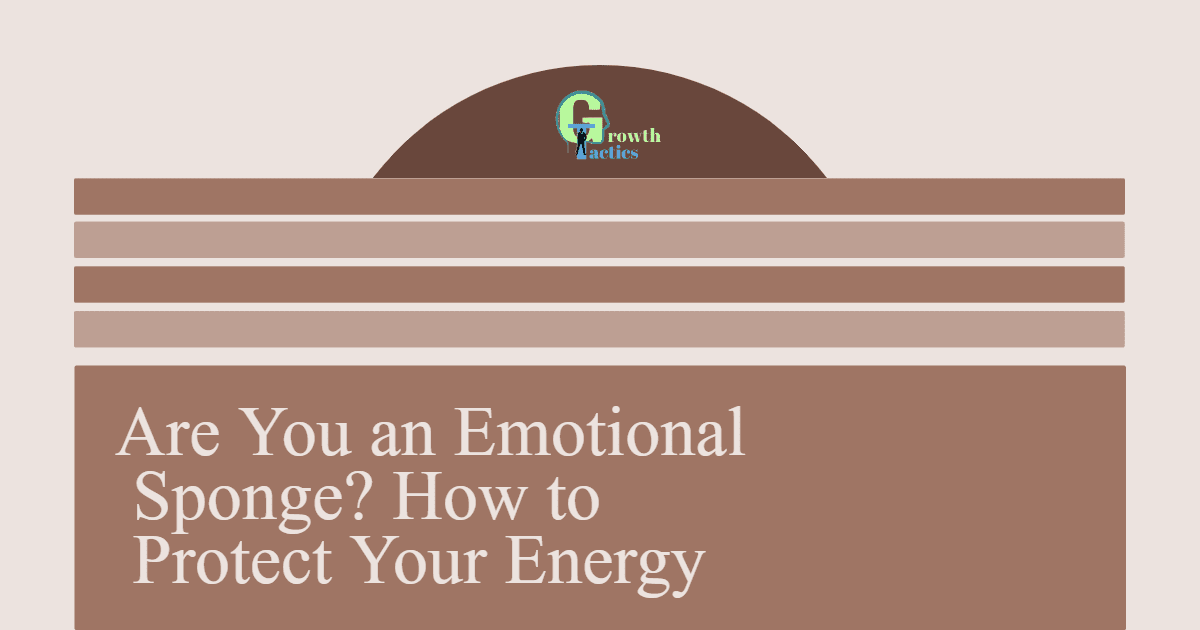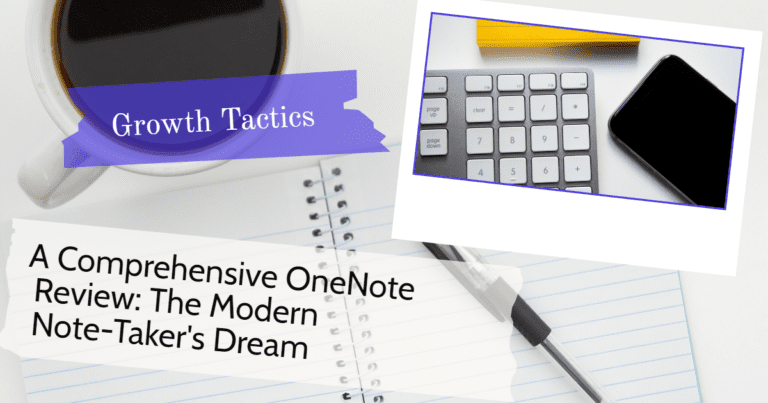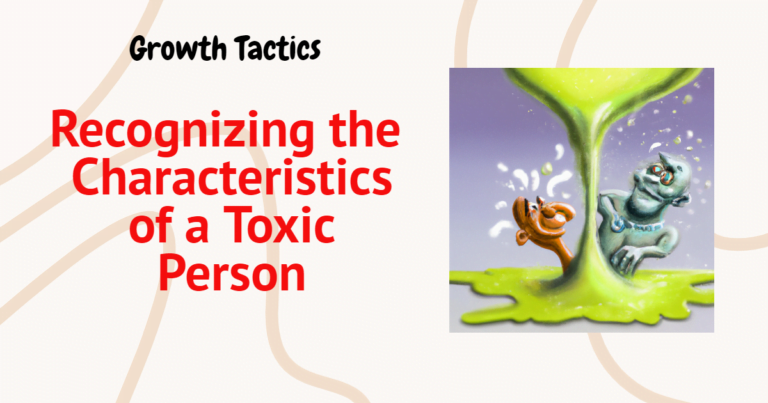Are you constantly absorbing and feeling the emotions of those around you?
Do you find it difficult to separate your feelings from others?
If so, you might be an emotional sponge.
Being an emotional sponge can be both a gift and a challenge. On one hand, it allows you to deeply empathize with others and connect profoundly.
On the other hand, it can leave you feeling overwhelmed and drained by the emotional energy of others. In this article, we will explore what it means to be an emotional sponge and provide practical tips on protecting your energy and maintaining your emotional well-being.
Jump To Section
What is an Empath?
An empath is a person who can feel and understand the emotions of others. They have a heightened sensitivity to emotional energy and can easily pick up on the emotional state of those around them. Empaths are compassionate individuals who often place the needs of others before their own. They are naturally inclined to help others, offering comfort and support during times of need.
Empaths can feel overwhelmed in social situations or in situations where there is a lot of emotional energy present. This can lead to feeling drained or exhausted, and in extreme cases, it can lead to burnout.
Empathy is a vital aspect of being human, and being an empath can be a powerful asset in connecting with others and building strong relationships. However, empaths need to learn how to manage their sensitivity and protect their emotional energy. With the right tools and techniques, empaths can continue to use their gift of empathy to enrich their own lives and the lives of those around them.
The Characteristics of Emotional Sponges
Here are some common characteristics of emotional sponges:
- Heightened Sensitivity
- High Intuition
- Empathetic
- Absorbative
- Emotional
- Bad at Setting Boundaries
Heightened Sensitivity
Emotional sponges are highly sensitive to the emotions of others. They may be able to pick up on subtle changes in mood and tone of voice and may be more affected by negative emotions than other people.
Intuitive
Emotional sponges often have a strong sense of intuition. They may be able to sense something is wrong with someone or feel when something is “off” in a particular situation.
Empathetic
Emotional sponges are naturally inclined to feel empathy for others. They have a deep understanding of how other people feel and are often drawn to those in need of emotional support.
Absorbative
Emotional sponges tend to absorb the emotional energy of others. They may feel exhausted after spending time around someone sad or upset, or they may take on the emotions of someone angry or anxious.
Overwhelming Emotions
Because of their absorbent nature, emotional sponges may feel overwhelmed by intense emotions or chaotic environments. They may struggle in crowded places or situations where there is a lot of emotional energy present.
Difficulty Setting Boundaries
Emotional sponges may have difficulty setting boundaries with others, which can lead to feeling drained or overwhelmed. They may also struggle with saying “no” to requests for emotional support, which can lead to burnout over time.
Understanding the characteristics of emotional sponges can help individuals recognize if they identify as one. By becoming aware of their traits, emotional sponges can begin to take steps to protect their energy and maintain their emotional well-being.
The Dangers of Becoming an “Emotional Sponge”
Becoming an “emotional sponge” can have its drawbacks and can be potentially harmful to one’s mental and emotional well-being. Here are some of the dangers associated with being an emotional sponge:
Emotional Overload
Emotional sponges are at risk of experiencing emotional overload. Constantly absorbing and internalizing the emotions of others can lead to feeling overwhelmed, exhausted, and emotionally drained. This can negatively impact their own mental health and ability to cope with their own emotions.
Loss of Identity
Being an emotional sponge can sometimes blur the lines between one’s own emotions and the emotions they soaks up from others. This can result in a loss of personal identity and difficulty in recognizing or fulfilling one’s own emotional needs.
Lack of Boundaries
Emotional sponges often struggle with setting boundaries with others. They may find it challenging to say no to requests for emotional support, leading to an imbalance in giving and receiving. This can result in feelings of being taken advantage of or being unable to prioritize self-care.
Absorbing Negativity
One of the dangers of being an emotional sponge is the tendency to absorb negative emotions. This can include absorbing other people’s anger, anxiety, or sadness. Continuously soaking up negativity can lead to increased stress, anxiety, and even the development of negative thought patterns and beliefs.
Projective Identification: The Casting of Shadows
One psychological mechanism commonly observed in relationships involving emotional sponges is projective identification. Projective identification occurs when someone projects their unwanted or disowned parts onto another person, who, in this case, is the emotional sponge. The emotional sponge may unconsciously take on these projected emotions and experience them as their own, further intensifying their emotional burden.
Projective identification can be challenging for emotionally sensitive individuals. It can create confusion and make it difficult for the emotional sponge to differentiate between their own emotions and those projected onto them by others. Recognizing and understanding this dynamic is crucial in breaking free from its hold.
Tips to Avoid Being an Emotional Sponge
If you find yourself constantly absorbing the emotions of others and struggling to maintain your emotional wellbeing, here are some areas you can focus on to stop being an emotional sponge:
- Self-Awareness
- Setting Good Boundaries
- Utilizing Emotional Detachment
- Prioritizing Self-Care
- Developing Emotional Resilience
- Seeking Out Positivity
- Seeking Professional Help
- Practicing Visualization
- Embracing the Power of Affirmations
- Limit Social Media
- Expressing Gratitude
- Get More Physically Active
- Empower Yourself
1. Practice Self-awareness
Developing self-awareness is key to identifying when you are starting to absorb the emotions of others. Pay attention to your own emotions, bodily sensations, and energy levels. Notice if there are shifts that are not aligned with your own experiences.
2. Establish Boundaries
Setting clear boundaries with others is essential in avoiding emotional sponge tendencies. Learn to differentiate between your own emotions and those of others. It’s okay to offer support and empathy, but also remember to prioritize your own mental and emotional health. Learn to say no when necessary and be mindful of the emotional energy you allow into your space.
3. Practice Emotional Detachment
While it’s important to be empathetic, practicing emotional detachment can be beneficial. This means maintaining a healthy emotional distance from the emotions of others. Remind yourself that you are not responsible for fixing or carrying the emotions of everyone around you.
4. Focus on Self-care
Allocate time and energy for self-care to recharge and replenish yourself. Engage in activities that bring you joy and help you relax. Prioritize activities that promote emotional self-care, such as journaling, practicing mindfulness, or engaging in hobbies that allow you to process and release your own emotions.
5. Develop Emotional Resilience
Building emotional resilience can help strengthen your ability to manage and cope with challenging emotions. This can be achieved through practices such as therapy, meditation, or seeking support from loved ones. Increasing your emotional self-awareness and developing healthy coping mechanisms will help you become less susceptible to absorbing the emotions of others.
6. Surround Yourself with Positivity
Be mindful of the people you surround yourself with. Surrounding yourself with positive and emotionally supportive individuals can help create a healthier emotional environment. Seek out mutually empathetic relationships, where emotions are shared and received in a balanced way.
7. Seek Professional Support
If you find that being an emotional sponge significantly impacts your mental health or daily functioning, consider seeking support from a mental health professional. A therapist or counselor can provide guidance, tools, and techniques to help you navigate and manage your emotional sensitivity healthily.
8. Practice Visualization
Visualization techniques can help create an emotional shield against absorbing the emotions of others. Imagine yourself surrounded by a protective shield or bubble that allows positive energy to flow in while keeping negative energy out.
9. Use Positive Affirmations
Affirmations are a powerful tool to shift your mindset and refocus your thoughts and emotions. Repeat positive affirmations to yourself daily, such as “I choose to prioritize my emotional well-being” or “I am in control of my emotional energy.
10. Detox your Social Media
Social media can be a significant source of emotional energy and can be detrimental to your emotional well-being. Consider detoxing your social media by unfollowing accounts that bring negativity or toxicity into your space, and replacing them with positive and uplifting content.
11. Express Gratitude
Expressing gratitude is a powerful way to shift your focus onto positivity. Take a few minutes each day to reflect on the things you are thankful for in your life. This can help shift your emotions towards a more positive and uplifting perspective.
12. Engage in Physical Activities
Engaging in physical activity is an excellent way to release pent-up emotions and tension. Exercise releases endorphins, which can boost your mood and promote emotional well-being. Consider activities such as yoga, running, or dance, which also incorporate mindfulness practices.
13. Empower Yourself
Empowerment and assertiveness are powerful tools for avoiding emotional absorption. Practice self-care and make decisions that prioritize your own needs and values. Empowerment can help you set and communicate your emotional boundaries.
Concluding Thoughts
Being an emotional sponge can take a toll on your mental and emotional well-being. However, you can protect your energy and avoid emotional overload. Remember, your emotional health and well-being are a top priority. Practice self-compassion, seek support when needed, and empower yourself to prioritize your own emotional needs.
Frequently Asked Questions (FAQ)
What is an emotional sponge?
How is an emotional sponge different from an empath?
What are the characteristics of emotional sponges?
Heightened sensitivity to others’ emotions.
Strong intuition.
Deep empathy.
Tendency to absorb others’ emotional energy.
Feelings of emotional overwhelm in chaotic environments.
Difficulty setting boundaries.
What are the risks of being an emotional sponge?
Experiencing emotional overload.
Loss of personal identity.
Difficulty setting personal boundaries.
Absorbing negative emotions leading to increased stress and anxiety.
What is projective identification?
How can I avoid being an emotional sponge?
Practice Self-awareness: Pay attention to your emotions and energy levels.
Establish Boundaries: Set clear emotional boundaries and prioritize your own well-being.
Practice Emotional Detachment: Maintain a healthy distance from others’ emotions.
Focus on Self-care: Engage in activities that help you recharge and relax.
Develop Emotional Resilience: Strengthen your ability to handle challenging emotions.
Surround Yourself with Positivity: Create a positive and supportive emotional environment.
Seek Professional Support: Consult a mental health professional if needed.
Practice Visualization: Use techniques to create an emotional shield.
Use Positive Affirmations: Shift your mindset with positive thoughts.
Detox your Social Media: Remove negative influences from your social media feeds.
Express Gratitude: Focus on positive aspects of your life.
Why is self-care important for emotional sponges?








